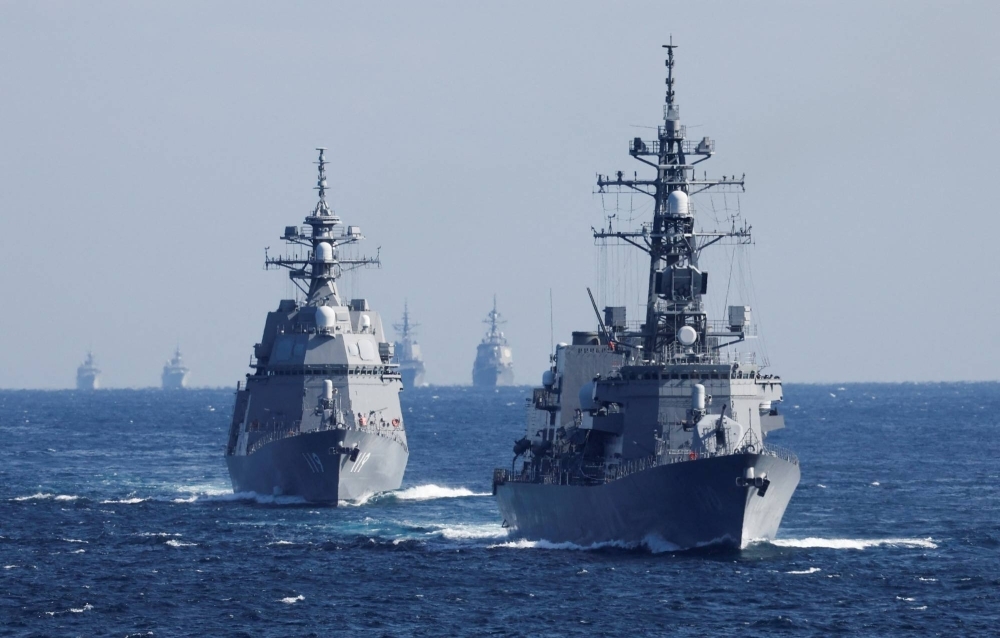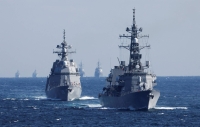The ruling parties are planning to start talks on lifting an export ban on weapons for defense purposes, including surface-to-air missiles, for certain nations with close security ties, sources familiar with the matter have said.
If realized, the move could represent a significant shift for Japan, which has long maintained strict conditions on arms exports under its war-renouncing Constitution out of concerns that engaging in such trade could involve the country in international conflicts.
A group of lawmakers from the Liberal Democratic Party and its junior coalition partner Komeito will also consider blanket permission for Japan to export nonlethal defense equipment like bulletproof vests to more nations, the sources said Monday.
The parties will request the government to amend its stringent "three principles" on defense equipment and technology transfer, along with their implementation guidelines, after summarizing opinions from their lawmakers as early as December, the sources said.
The three principles ban the export of lethal weapons except for items that are jointly developed or produced with other countries.
As for nonlethal weapons, Japan can export to nations with which it has security cooperation as long as the purpose of their use is limited to rescue, transportation, vigilance, surveillance or minesweeping.
The ruling parties are also expected to discuss the export of destroyers and patrol airplanes, with the aim of enhancing maritime security capabilities of countries situated along sea lanes important for Japan, the sources said.
The group is set to resume the discussions on the issue on Wednesday, following a break caused by a Cabinet revamp in mid-September.
Taking into account the possibility of exporting next-generation fighter jets, which Japan, Britain and Italy have agreed to jointly develop by 2035, the government of Prime Minister Fumio Kishida, who leads the LDP, has been trying to ease the three principles.




